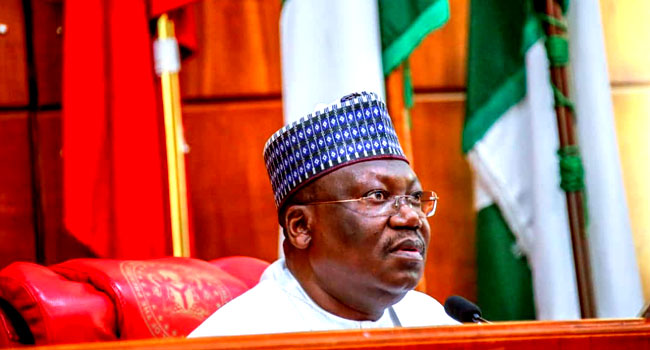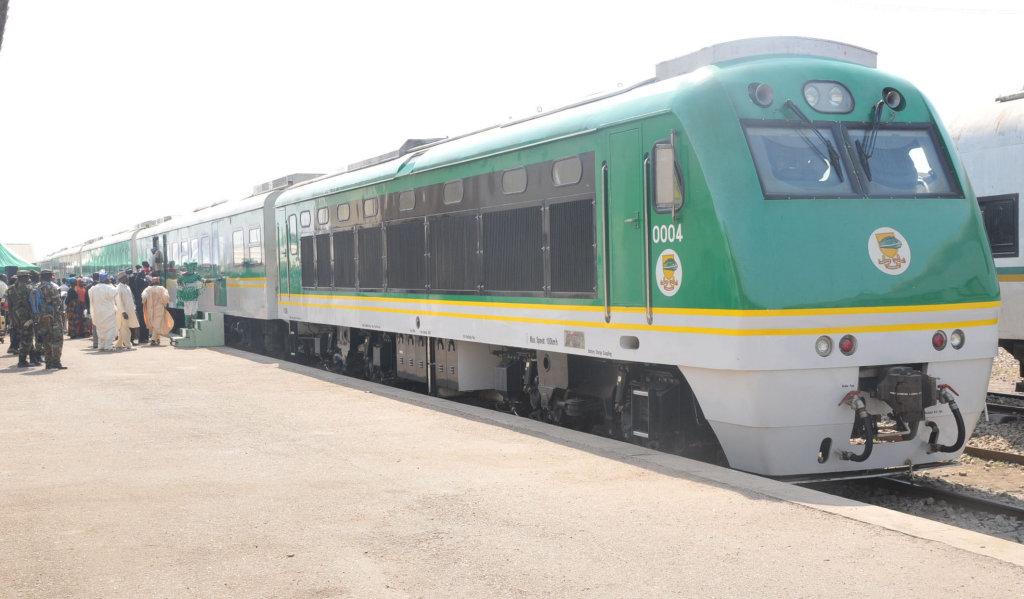Abuja, Dec. 29, 2022 – The 2023 federal budget is predicated on $75 per barrel benchmark against the $70 dollars per barrel proposed in the budget estimate presented by President Mohammadu Buhari.
The National Assembly, however, retained other parameters of 1.69 million barrels of oil production per day, N435.57 to the US dollar exchange rate, 3.75 per cent GDP growth rate and 17.16 per cent inflation rate.
The size of the budget was also increased by the National Assembly from the N20.51 trillion to N21.82 trillion proposed by the president.
The Appropriations Committees of both the Senate and House of Representatives agreed that the N1.3 trillion increase in the budget size was due to the additional funding earmarked for the National Population Commission ahead of the planned 2023 census as well as the N173 billion appropriated for the Independent National Electoral Commission, ahead of the 2023 general elections.
The Nigerian Army, Navy, Nigeria Police Force, and ministries of Agriculture, Health, Aviation, and Science & Technology also got reasonable increases.
Sen. Barau Jibrin (APC Kano North), the Chairman of Senate Appropriations Committee, while giving a breakdown of the budget, said that out of the N21.827 trillion budget size, N967.486 billion was earmarked for statutory transfer, N8.329 trillion for non-debt recurrent expenses, N5.972 trillion for capital expenditure, while N6.557 trillion was for debt servicing.
Under the N967.48 billion statutory transfers, the National Assembly Office has N30.492 billion; the Senate got N33.267 billion; the House of Representatives, N51.994 billion; National Assembly Service Commission, N10.555 billion; legislative aides, N16.520bn; general services N11.307 billion; National Institute for Legislative and Democratic Studies, N7.411 billion.
Others are N30.173 billon for severance/inauguration of outgoing and incoming 9th and 10th Assembly legislators; N10 billion for construction of NASC building; N2.5 billion for completion of NILDS headquarters etc.
Outside the National Assembly, N165 billon is earmarked for National Judicial Council, N119.9 billon for Niger Delta Development Commission and N103 billion for Universal Basic Education.
Out of the N5.972 trillion proposed capital expenditure, the Ministry of Works and Housing has the lion’s share of N398.275bn, followed by the Ministry of Defence with N285.045 billion, Ministry of Agriculture and Rural Development, N248.358 billion as well as Ministry of Education, N153.735 billon.
Others are the Ministry of Health, N134.909 billion; Federal Ministry of Science and Technology, N132.572 billion; Ministry of Finance, Budget and National Planning, N166 747 billion; Office of the National Security Adviser N70.331 billion; Presidency, N20.115 billion; Ministry of Interior N45.622 billion and Federal Ministry of Water Resources N83.256 billion. (GBN)





